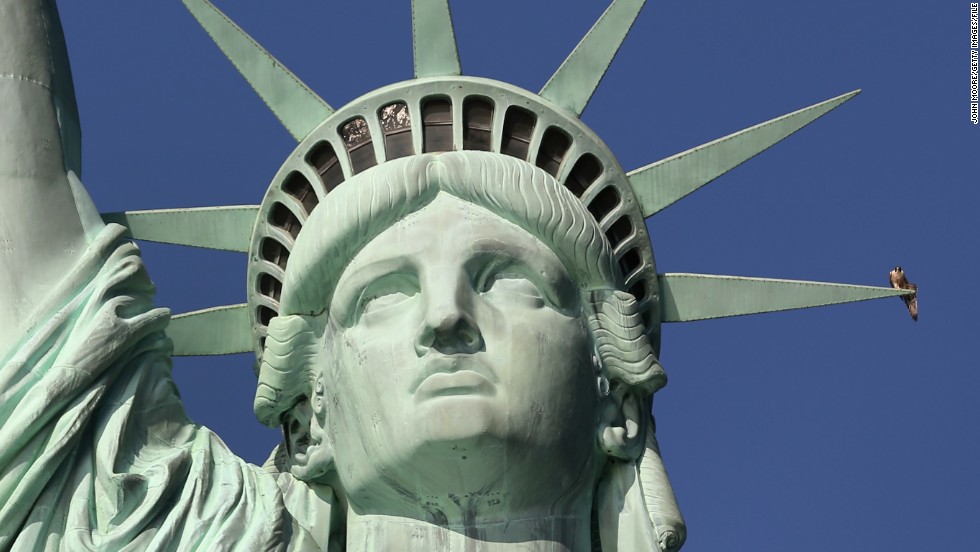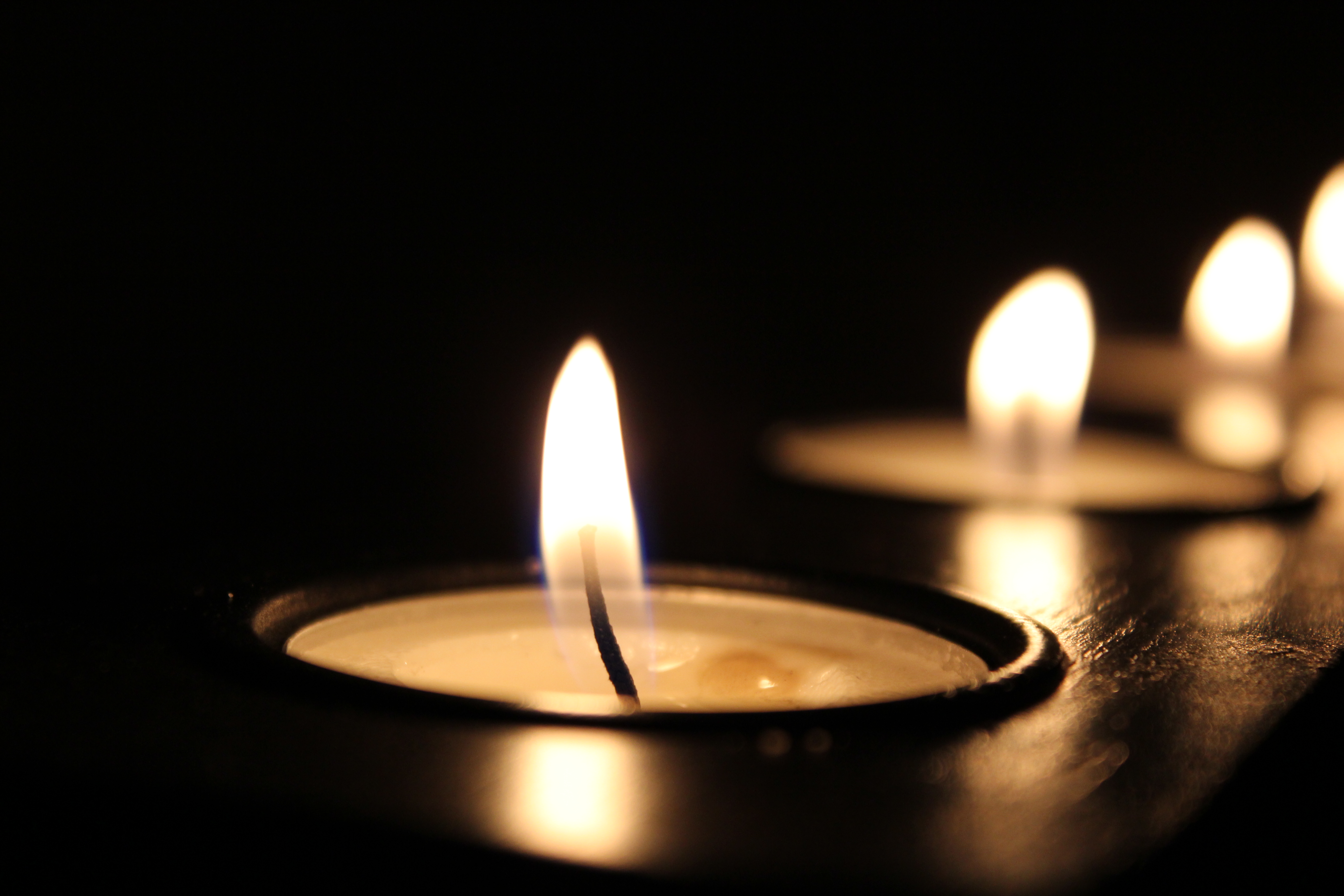In the fall of 2001, I got a phone call from a professor at one of the five colleges to which I applied – Mount St. Mary’s. I had expressed an interest in history and he was a history professor. He called to tell me more about the history program and about “The Mount” in general. This man spent about 20 minutes on the phone with me, clearly passionate about the college where he taught and the students he worked with. He answered so many of my questions and made me feel that my goals were important. I decided then that it was my top choice school.
Of the five colleges to which I applied, this was the only professor who ever called me. And this is what I want you to know about Mount St. Mary’s: that one event was indicative of my entire time there. That is the kind of place The Mount is and was for me. The kind of place where a tenured professor calls a prospective student on the phone to make her feel welcome, before she even chooses to call The Mount home.
When I arrived at The Mount as a freshman in 2002, I wasn’t sure what to expect, but was eager to learn everything I could about the world, about art and literature and politics. Nothing made my humanities heart beat more wildly than reading the course catalog and circling the ones I wanted to take.
The Mount is the place where I learned not what to think, but how to think. Starting with Freshman Seminar with Dr. Heath, reading Csikszentmihalyi and “flow”, Marx and alienation, through Ren/Rev with Dr. Mitra and American Experience with Towle, and all of the Great Books I was privileged to read, I learned how to ask hard questions and settle for nothing less than compelling answers. I learned to write a cogent paper with an apparent thesis and how to sift through chaff to find the wheat.
Without the required philosophy courses, and The Rule Book for Arguments, I might not know a logical fallacy when I see one. Without hearing Dr. Rehm and Dr. Miller, I might not know what utilitarianism and consequentialism look like when I see it in a presidential debate or hear it at work.
Without Sr. Birge’s course on the gospel of John, I might not have fallen in love with what remains my favorite book of Scripture. I learned from Dr. Collinge what Catholic Social Teaching really means, and that planted the seeds of my eventual graduate degree in social justice. With Dr. Mattison I read Fr. Barron before Fr. Barron was cool. I engaged my faith intellectually in ways that would not have been possible had I not been required to take theology. I am forever grateful.
In my history courses where The Civil War came alive on the fields at Gettysburg, and when Dr. Goliber proudly proclaimed that she was a feminist and a Christian, if that didn’t work for us, we should kindly leave. I stayed. I learned to love history and context and who we are as humans even more, if possible, than I had before.
With Dr. Hinds offering the very first semester of “The Catholic Novel”, I was exposed to Graham Greene and Walker Percy, who remain favorites to this day.
The breadth of reading across disciplines that I did at The Mount left my husband (with a humanities degree from Yale) impressed. I had more required philosophy courses in college than he did!
Outside of the classroom I gradually gained confidence in myself and made friendships that were deep and sustaining. Through the opportunity to be a RA (resident assistant) and through campus organizing around various issues, I gained leadership skills that have helped me tremendously in my life after The Mount.
In Dr. Trudy Conway I found someone I admired and respected deeply, and through our work with the campus campaign to end capital punishment, I found a cause about which I was (and remain) passionate. Dr. Conway, taking on the role of activist and mentor in addition to her regular teaching duties, showed me what action for justice, animated by faith looks like. With her I was able to stand witness when the state of Maryland ended the life of Wesley Baker in 2005, silently standing in protest of another life ended.
These and so many more lessons I learned at The Mount have been invaluable and have shaped the trajectory of my life in various ways. Because of the “Callings” program, and the endless talk of vocation, vocation, and being men and women for others, I took on the volunteer job as a teacher in Chicago. Because of Chicago I met Atticus, and went to Loyola, and the rest, as they say, is history.
All of this was possible because what I learned at the Mount could never be boiled down to “job skills” or merely a discipline designed to prepare me for a job. Those things are valuable and important, but learning how to think and what people are for is more important. A person who knows how to think can be taught to do just about anything, and to do it well.
This is all to say nothing of the vast spiritual resources and nourishment available to students on Mary’s mountain. Hours spent hiking to the grotto and praying the rosary on the way. The weekly praise and worship group that helped me fall in love with God, a love which is worth more than anything mentioned above. I made my first confession in years to a Franciscan friar radiating the love of Jesus, inside Immaculate Conception chapel.
We also had so much fun that I’d be hard pressed to describe it all here. From wings and Yeungs at Ott’s to epic games of mafia and so much flip cup (after I turned 21, of course), there was the kind of fun we all hope to have in our lives.
With everything you’ve heard about Mount St. Mary’s and her erstwhile (and hopefully soon to exit president), I want you to know The Mount that I have known and loved. A place to learn and grow, to love God and each other and try and fail and try again. A place where words matter, and where the actions of those in charge are expected to be just, and when they’re not just, an expectation of being called out, because as Dr. Grisez said recently, “Having taught others justice, I must practice it.”
Perhaps if President Newman had received The Mount education that I did, he might have learned that lesson.
Sarah Pilisz Babbs C’06











